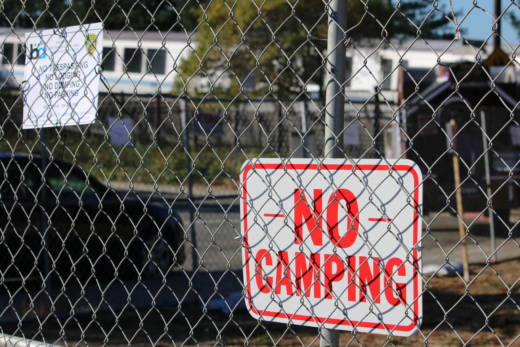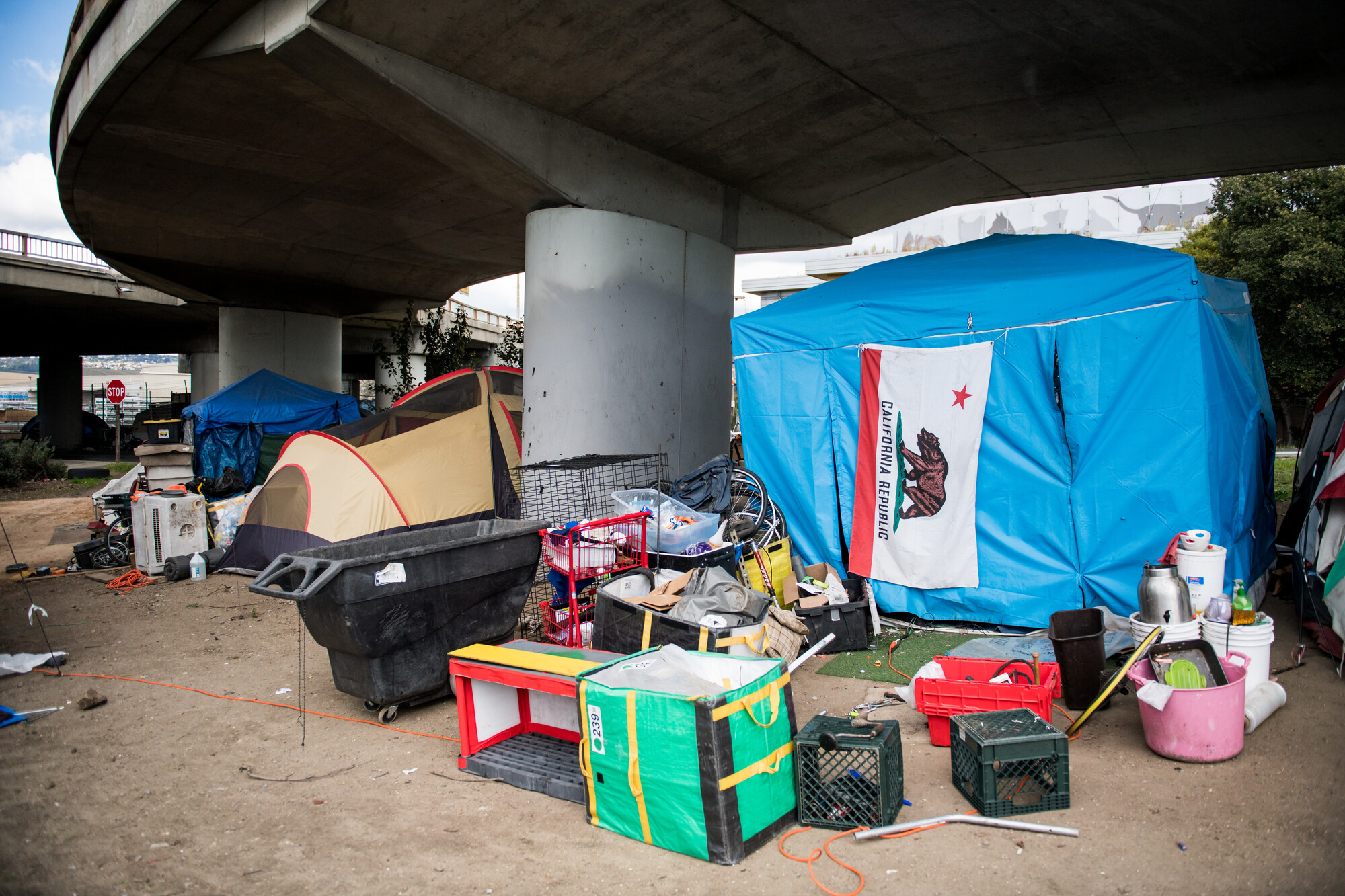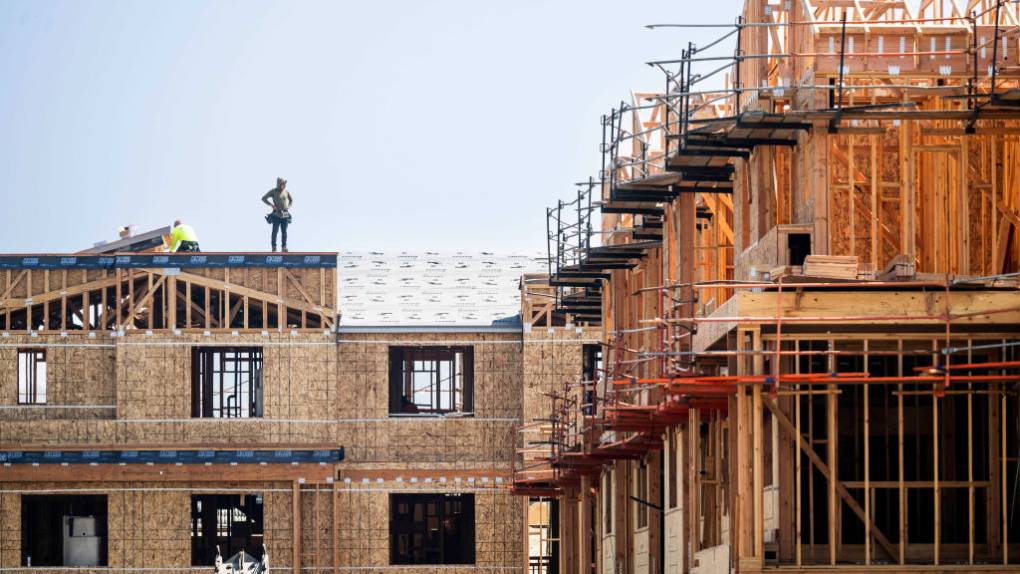“It’s a high bar,” he said. “We need to get them out of a dangerous situation now, or we need to accommodate some urgent operations or construction schedule now. And sometimes it’s just as simple as asking them and working with them to move across the street to accommodate that while we continue the hard work of getting them connected to resources that will end their homelessness.”
So far, Radu said, the city has twice taken advantage of its new authority to ask people to move without offering shelter: to clear Civic Center Park for a construction project and to remove someone encamped on a center median on University Avenue.
Radu, who manages the division that oversees the city’s homeless response team, said no one was cited or arrested during the operations.
“We’re not interested in criminalizing homelessness,” he said. “We want to end it.”
However, advocates like attorney Andrea Henson argue that the policy’s exceptions are overly broad.
“They’re not narrow exceptions,” she said. “To be in proximity to traffic — every homeless encampment is in proximity to traffic.”
Henson said unhoused residents are rattled by the shift toward more aggressive enforcement at the state and local level, and Trump’s election has only exacerbated that.
“People are really scared,” she said. “They’re very scared because of what’s happening, because of the election, because of the language that they’re hearing.”
She was among those who invoked the incoming federal administration at the City Council meeting and urged leaders to take a stand against it.
“We have a decision to make here in Berkeley, and it’s the same decision that people need to make in this country,” she said. “Either you’re with our new government, which is quickly becoming very fascist … or you take a firm stand. Because the line has been drawn.”



